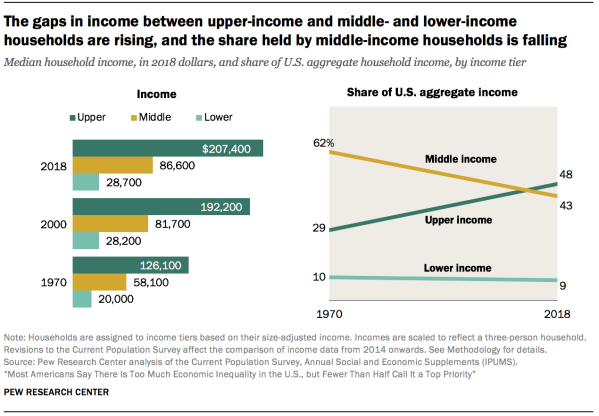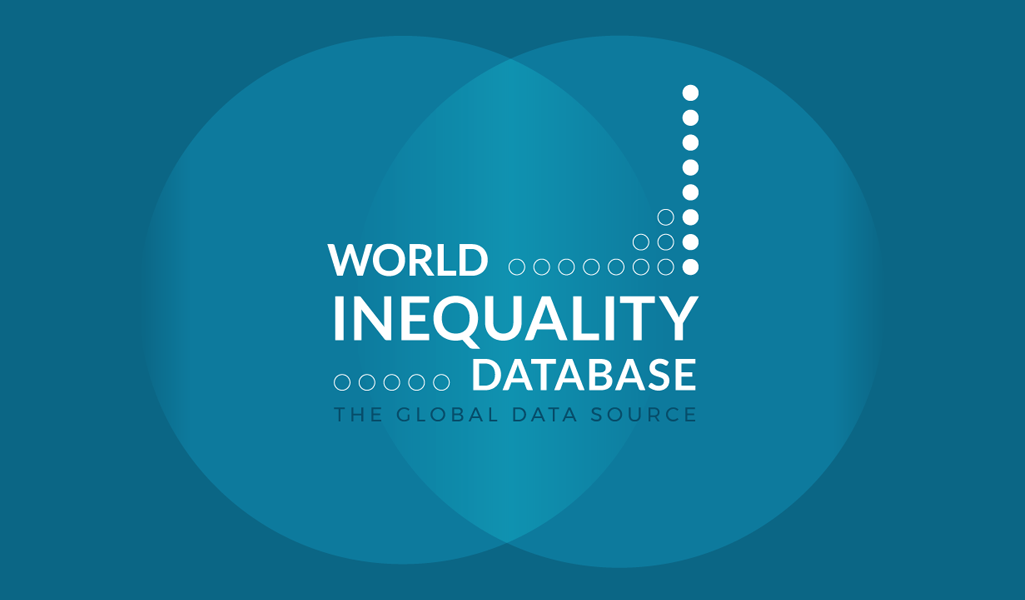OP
Gale Hawkins
Super Star Member
- Joined
- Sep 20, 2009
- Messages
- 11,795
- Location
- Murray, KY
- Tractor
- 1948 Allis Chambers Model B 1976 265 MF / 1983 JD 310B Backhoe / 1966 Ford 3000 Diesel / 1980 3600 Diesel
Yes making payroll and paying the rent for years maybe where they shine.the most.I've been in Silicon valley startups for the last 25 years, often in the kind of position where I am dealing with the investors. The more time I spend around VCs the more I realize that they're not smarter than the rest of us, and that those levels of wealth and power usually turn people into spoiled jerks. Their views reflect a very narrow part of society.
Their abilities to find the Elon Musk types year after year boggles my mind.

